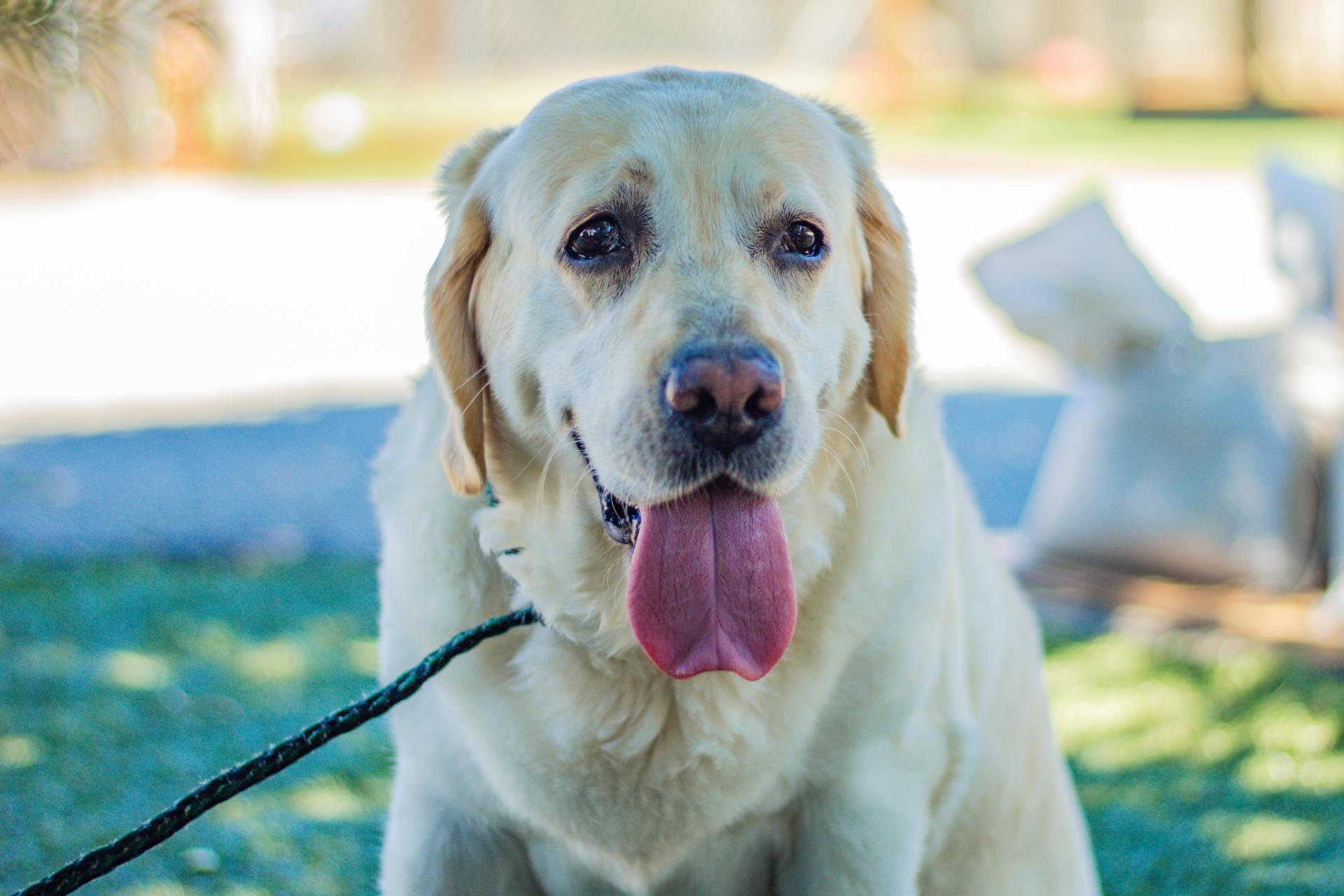Safe Treats for Bunnies
February is Adopt A Rescued Rabbit Month! Have you recently adopted a bunny? One thing many new bunny owners face a learning curve on is nutrition. As you may know, the bulk of Floppy’s diet should consist of fresh grass hay. You can supplement that with pellets and fresh, safe produce. But what exactly is safe for bunnies? A Edison Park, FL vet offers some suggestions below.
Daily Treats
Some safe veggies include bell peppers, Bok choy, Brussels sprouts, carrot tops, cucumber, endive, escarole, and fennel. For herbs, rabbits can have cilantro, dill, mint, oregano, basil, parsley, rosemary, sage, and thyme. Floppy can enjoy some lettuces and leafy greens, including romaine, arugula, red, and butter lettuce; okra leaves; radicchio, and radish tops. You can also offer your furry pal some sprouts, such as alfalfa, radish, clover, and wheatgrass.
Sparingly
Some foods are only safe in small doses, and should only be offered once or twice a week. This includes broccoli stems and leaves, carrots, chard, clover, collard greens, and dandelion greens. Bunnies can also occasionally nibble on safe flowers, such as calendula, chamomile, daylily, dianthus, English daisy, hibiscus, honeysuckle, marigold, nasturtium, pansy, and rose petals.
Fruits are also okay on occasion. Floppy has a sweet tooth, but don’t overindulge her. Some good options are apple slices, blueberries, blackberries, strawberries, raspberries, cranberries, cherries, grapes, melon, nectarine, orange, papaya, peach, pear, pineapple, plum, watermelon. Be careful not to give your pet any seeds or pips!
Unsafe
There are also many foods that should never be given to a bunny at all. Anything that is high in salt, sugar, or fat is unsafe, as are foods with a lot of preservatives. Other dangerous foods include avocado, beans, beet greens, cabbage, cauliflower, cereal, chocolate, corn and corn-cob treats, crackers, iceberg lettuce, legumes, mustard greens, nuts, pasta, peas, potatoes, rhubarb, seeds, turnip greens, and yogurt. Anything that has been (or potentially has been) treated with pesticides is also a hard no.
Tips
Keep in mind that this is a partial list. Also, never give your pet anything new without double checking to make sure it’s safe. Also, be sure to introduce new foods slowly. Your bunny’s age and health will also influence her nutritional needs. Ask your vet for specific advice.
Please contact us, your local Edison Park, FL veterinary clinic, with any questions or concerns about bunny care. We’re here to help!





